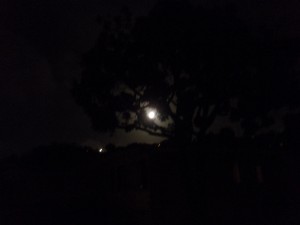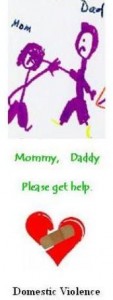 Do our choices matter? I read two things yesterday that sparked off each other and melded into a crushing assault that reverberated through me like a Big Ben gong.
Do our choices matter? I read two things yesterday that sparked off each other and melded into a crushing assault that reverberated through me like a Big Ben gong.
1. “Our stories affect one another whether we know it or not. Sometimes obedience isn’t for us at all, but for another. We don’t know how God holds the kingdom in balance … but we can trust Him when he says press on, cling to hope, stay the course. He is always at work….” [quote from Jen Hatmaker ]*
2. “Devon bought a gun and killed himself.” [personal email]
 Awareness of the truth of the first, and shock and sadness of the second paralyzed me. The utter hopelessness he must have felt gnawed at me. I’ll be juggling emotions and thoughts and responses for a while. But one thing I know: We are a part of each others’ stories. And somehow Devon slipped between the pages into darkness, and did not know he wasn’t alone or unimportant.
Awareness of the truth of the first, and shock and sadness of the second paralyzed me. The utter hopelessness he must have felt gnawed at me. I’ll be juggling emotions and thoughts and responses for a while. But one thing I know: We are a part of each others’ stories. And somehow Devon slipped between the pages into darkness, and did not know he wasn’t alone or unimportant.
I also know that what Jen said is also true of our prayers. God works in myriad ways we are often not even aware of, and in mysterious ways beyond our understanding. But Scripture tells us to pray and that our prayers have impact. **
And I know that choices we make matter. I must be vigilant and remind myself of this fact. Even when industries and countries and churches and mobs of people in the streets shout: “You are one alone and your little bit of action isn’t going to make any difference. Will not move the decisions of the powerful one smidgen.” Even when doubts are whispered to my spirit “Who do you think you are? Your effort, your prayer, will not put a scratch, much less a dent, in the collective needs of this world.” These taunts are lies and I must choose to remember that. I’m guessing you do too.
 The truth is ~~ all of history is the accumulation of every action and word of every individual. And if I do not remember what is real and what is shadow, I might follow Devon into the hopelessness.
The truth is ~~ all of history is the accumulation of every action and word of every individual. And if I do not remember what is real and what is shadow, I might follow Devon into the hopelessness.
If you are in a dark, lonely place, please choose to reach out. At the very moment of your darkest hour, the lightning-bright answer may already be on its way!
* Jen Hatmaker, 7, (Nashville: B & H Publishing Group, 2012), 114.
** “Pray without ceasing.” [1 Thessalonians 5:17, KJV]
“The effectual fervent prayer of a righteous man availeth much.” [James 5:16, KJV]

